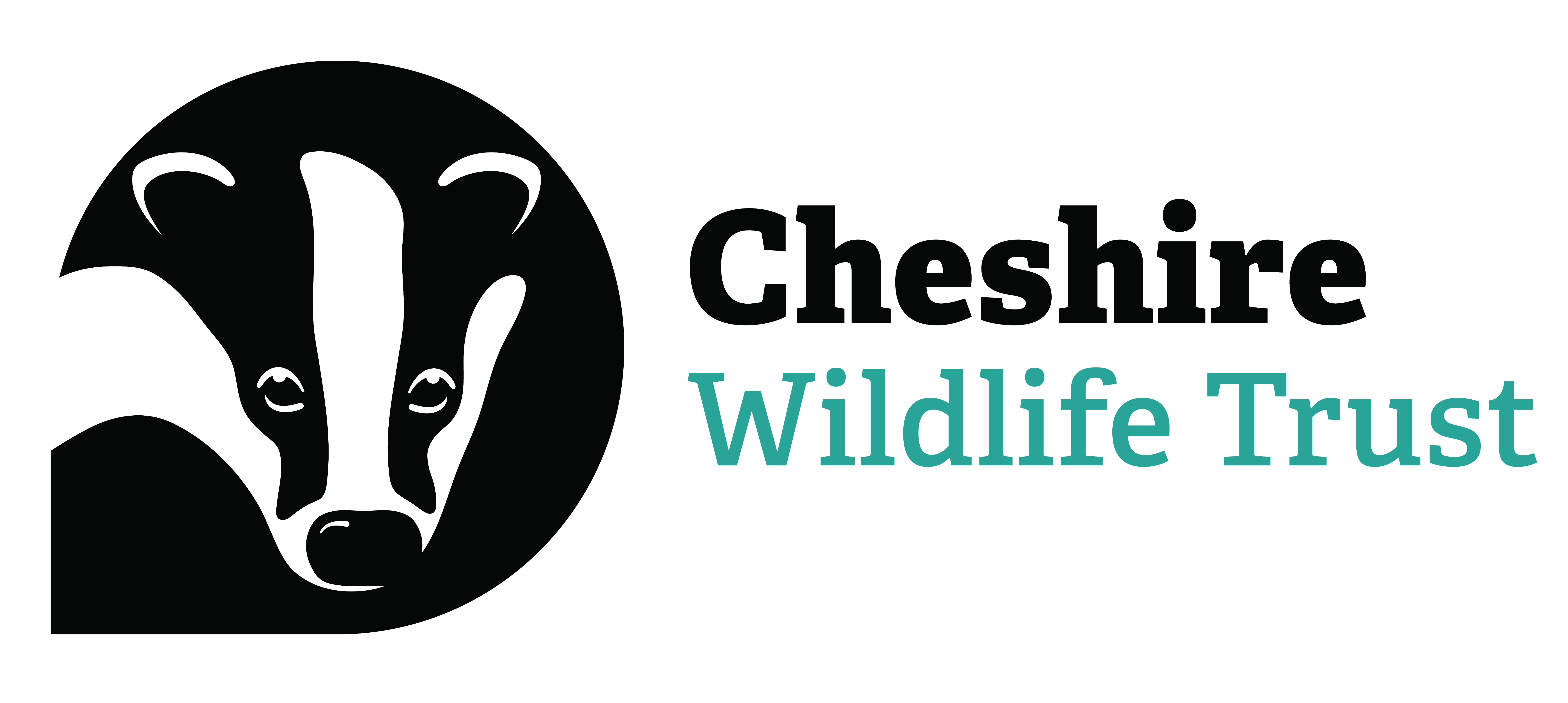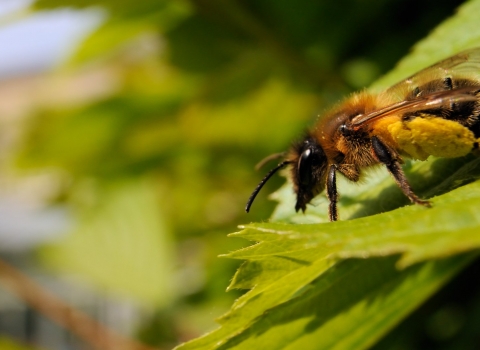We’re witnessing the largest extinction event on Earth since the dinosaurs. Insects are dying out up to eight times faster than larger animals, and 41% of insect species face extinction. This is a grave cause for concern as it impacts us and all wildlife. But what role do insects play in nature?
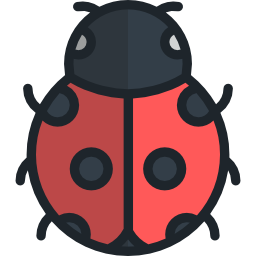
Pollination
Around 80% of UK plants are pollinated by insects, including a large number of our crops. It has been estimated that the value of our insect-pollinated fruits and vegetables grown in the UK is about £220m a year. They are essential for the plants they pollinate, as well as the food we eat
Feeding the food chain
Numerous UK birds, mammals and fish eat insects, including all 17 of our native bat species. Their decline is essentially starving our countryside, slowly taking away the food which many animals need to survive. We’re already seeing this effect in many of our bird populations, such as the disappearance of the red-backed shrike, and worrying declines in other species such as spotted flycatchers, cuckoos and nightingales. As well as being vital to other wildlife, there’s also the potential for insects to be farmed as a sustainable source of feed for livestock, pets, fish farms and even as a protein source for humans.
Decomposers
Many insects love mess, or more specifically, getting stuck in and clearing it up. One of the important and unnoticed roles that insects play is to break down and decompose organic matter. Our decomposers are unsung heroes of recycling, turning dead organic matter and waste back into usable forms. Their actions help give us healthy, fertile soil. From this we get flood protection, defence against climate change, the food we eat and other plant-based resources, not to mention all the vegetation that forms the basis of the countryside we enjoy, rely upon and call our home.
Biological control
Around 16,900 tons of toxins are released as pesticides onto the land each year in the UK, yet there is an alternative – insects! All insects are susceptible to being eaten by either another insect or something bigger. It’s an insect-eat-insect world out there,
Can you help us take Action for Insects?
The facts are startling: insects are dying out up to eight times faster than larger animals and 41% now face extinction. Loss of habitat and overuse of pesticides are the major causes of this looming catastrophe.
However, the good news is that it’s not too late to act.
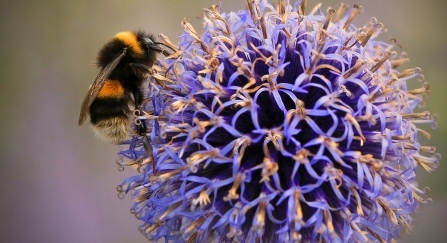
Jon Hawkins - Surrey Hills Photography
could grow and plant 36 native wildflower plug plants as food for pollinators like the buff-tailed bumblebee. We need your help to grow and plant 6,000 wildflowers to create more meadows across Cheshire.
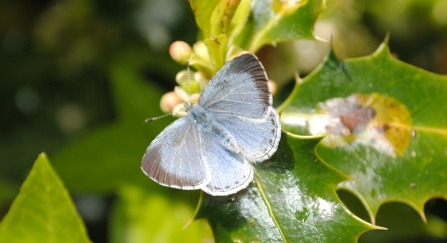
Amy Lewis
could restore 5m of hedgerow for butterflies like the holly blue. We need your help to restore hedgerows on our Bickley Hall Farm Nature Reserve
Guy Edwardes, 2020VISION
could install a woody debris dam, to improve water quality for rare insects like the variable damselfly.
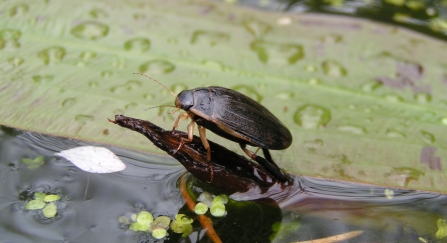
Richard Burkmar
could improve 200m of ditch to help aquatic insects like water beetles to thrive. We need your help to create another 1,000m of ditches and scrapes at Gowy Meadows.
If you are able, please make a donation today and halt the decline of insects.

